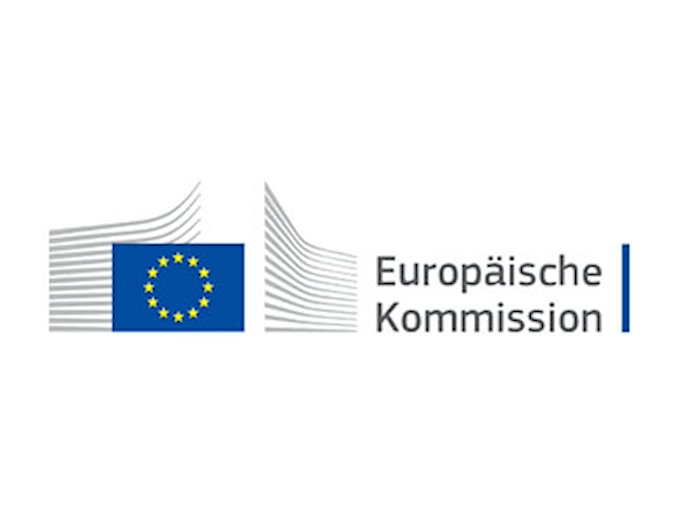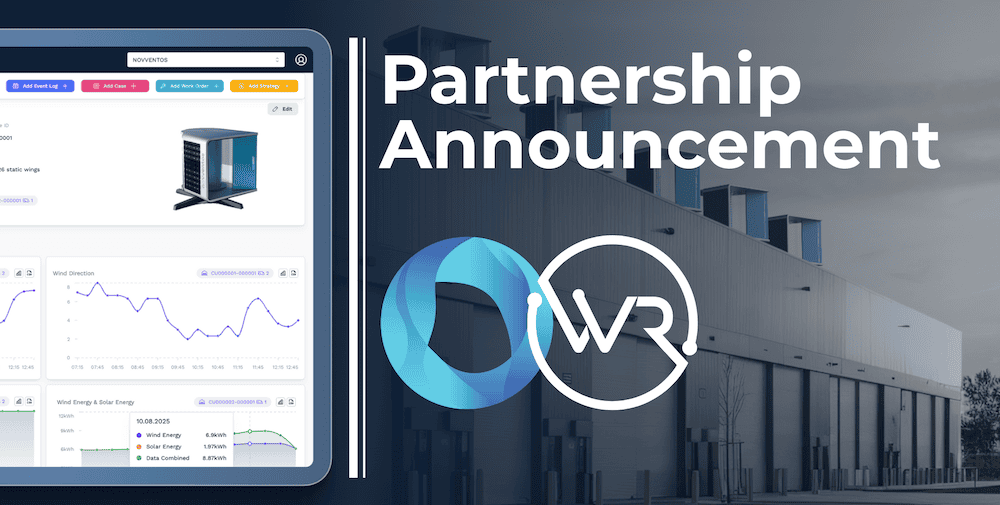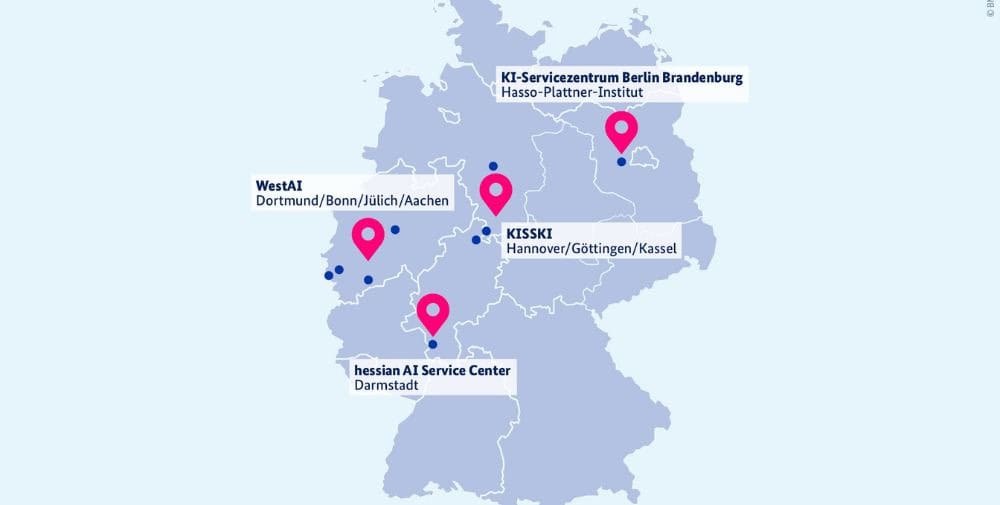
Executive Vice-President Margrethe Vestager, responsible for competition policy, said: “Our new set of rules will make online markets more open and allow market participants to be more competitive, giving small, innovative companies a fair chance to succeed. And as consumers, we will have more affordable options available to us online. The law brings profound changes to online markets and promotes the opening up of the digital marketplace – to the benefit of all European players and users.”
New rules, new rights
The aim of the Digital Markets Act is to make digital markets in the EU more contestable and fairer. (In microeconomics, contestability refers to how accessible a market is for potential competitors). The law sets out new rules for ten defined core platform services such as search engines, online marketplaces, software application stores, online advertising services and messaging services, and grants new rights to European businesses and end-users.
Opportunities under the DMA for business users
Business users established in the EU who rely on services offered by the six gatekeepers to reach their customers will have new opportunities from today. For example, business users can now:
- benefit from fair treatment and a level playing field when competing with gatekeepers’ services on their platforms
- apply for interoperability with gatekeepers’ services to offer new, innovative services
- sell their software applications through channels other than the gatekeepers’ software application stores
- access the data generated by their activities on the gatekeepers’ platforms
- promote offers and conclude contracts with customers outside the gatekeepers’ platforms
More choice and more innovation
End users benefit from more choice and more innovation in the digital space in Europe. You now have the opportunity:
- take back their freedom of choice, and are no longer bound by the default options set by the gatekeeper; allowing them to choose alternative deals for software applications and services other than those offered by the gatekeepers
- to gain better control over their data by being able to decide whether the gatekeepers can link their accounts and thereby collect and merge their personal data across different services
- to easily gain access to data from one service or software application and transfer and use that data on another service or software application, allowing seamless data backup and transfer between different services
- to use alternative electronic identification services and alternative payment services for purchases integrated into the software application
Reporting obligations
Gatekeepers began testing Digital Markets Act compliance measures to which third parties have provided feedback before the deadline. As of today, gatekeepers are required to provide evidence of effective compliance and outline the measures taken in a compliance report. The public versions of these reports are available on the Commission’s dedicated Digital Markets Act website. Today, in addition to the non-confidential version of the report, designated gatekeepers must also provide the Commission with an independently audited description of all techniques used for consumer profiling.
The Commission will now carefully analyze the compliance reports and assess whether the measures taken effectively contribute to achieving the objectives of the relevant obligations set out in the Digital Markets Act. In its assessment, the Commission will also take into account input from stakeholders, including through the compliance workshops where gatekeepers can present their proposed solutions.
Enforcement
The Commission will not hesitate to take formal enforcement action and will make full use of the tools at its disposal to fully enforce the Digital Markets Act.
If an infringement is suspected, the Commission may initiate proceedings to investigate the possible infringement. In the event of infringements, the Commission can impose fines of up to 10% of the total worldwide turnover achieved by the company concerned; in the event of repeated infringements, the fine can be increased to up to 20%. Furthermore, in the case of systematic infringements, the Commission is also authorized to impose additional remedies. For example, it may require a gatekeeper to sell a company or parts of it, or it may prohibit the gatekeeper from acquiring additional services related to the systematic non-compliance.
Background
The Digital Markets Act and the Digital Services Act form a single set of rules applicable throughout the EU, which aim to create a safe digital space where users’ fundamental rights are respected and a level playing field for businesses.
The aim of the Digital Markets Act is to ensure contestable and fair markets in the digital sector. The Act regulates the obligations of gatekeepers, which are large digital platforms that serve as an important gateway to customers for business users and have the power to channel market access in the digital economy by virtue of their position.
On September 5, 2023
the Commission designated six gatekeepers – Alphabet, Amazon, Apple, ByteDance, Meta, Microsoft – and 22 of their core platform services. Once designated, the gatekeepers had six months to ensure compliance with all obligations set out in the Digital Markets Act to provide more choice and freedom to end users and business users of the gatekeepers’ services. The Commission has published an annual report [add link] on the implementation of the Digital Markets Act in 2023 and the progress made towards achieving its objectives.
On 12 February 2024
the Commission closed four market investigations after finding that Apple and Microsoft should not be designated as gatekeepers for the following core platform services: Apple’s iMessage messaging service and Microsoft’s Bing online search engine, Edge web browser and Microsoft Advertising online advertising service.
On March 1, 2024
Booking, ByteDance and X informed the Commission that their services may meet the thresholds set out in the Digital Markets Act. In this case, they would be subject to the new EU rules for gatekeeper platforms. The Commission will take a decision on this within 45 working days, i.e. by May 13, 2024 at the latest.
– – – – – –
Further links
👉 https://commission.europa.eu/index_de
Graphic: European Commission




